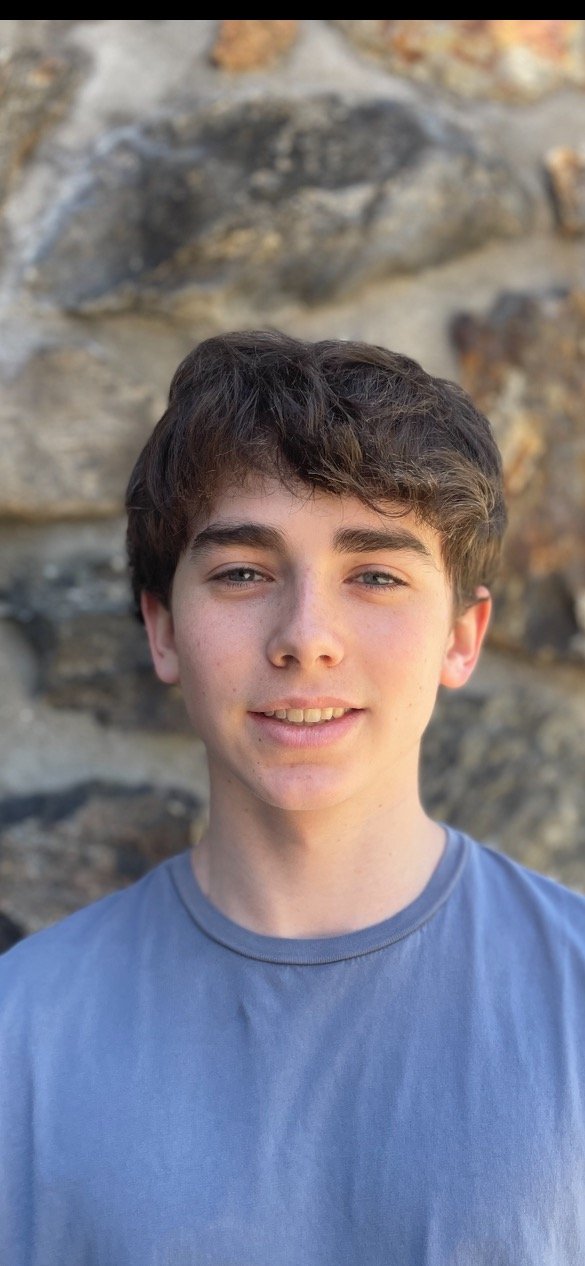Pixelia’s Avaricum
Pixelia Publishing is a non-profit organization that creates open-access educational resources, led by instructors from Stanford Online High School. This year, Magister John Lanier and his students created a student edition of the first 28 chapters of Book 7 of Caesar’s Gallic Wars, titled Avaricum, complete with extensive context, vocabulary, and in-page explanatory notes. The finished volume will be available in June 2023.
Elizabeth Cross, Katherine Cross, & Peter Olmeda
Elizabeth, Katherine, and Peter are students in their final year of the Latin curriculum at Stanford Online High School. They have been working closely together since August to edit and finalize the Avaricum volume.
Katherine Cross is a drummer, writer, and amateur astronomer in her fourth year of Latin, who will be heading to university in the fall to study international relations.
Her twin sister, Elizabeth, is a guitarist, songwriter, and film enthusiast in her fifth year of Latin; in the fall, she has plans to major in neuroscience and psychology.
Peter Olmeda is a cellist, writer, and F1 enthusiast with an interest in science. He is a junior finishing his second year of Latin at Stanford Online High School.
In the spring, all three have also been enjoying a comprehensive study of Roman magic and religion in poetry.



















